4 Min Read | Jun, 01, 2023 5 CRUCIAL CONSIDERATIONS FOR YOUR HOTEL PROPERTY’S ASSEMBLY POINT PLAN Is your hotel prepared to …
Reserve a spot among the best in hospitality. WrkSpot converts your brick-and-mortar business into a smart hotel using advanced technology and artificial intelligence.
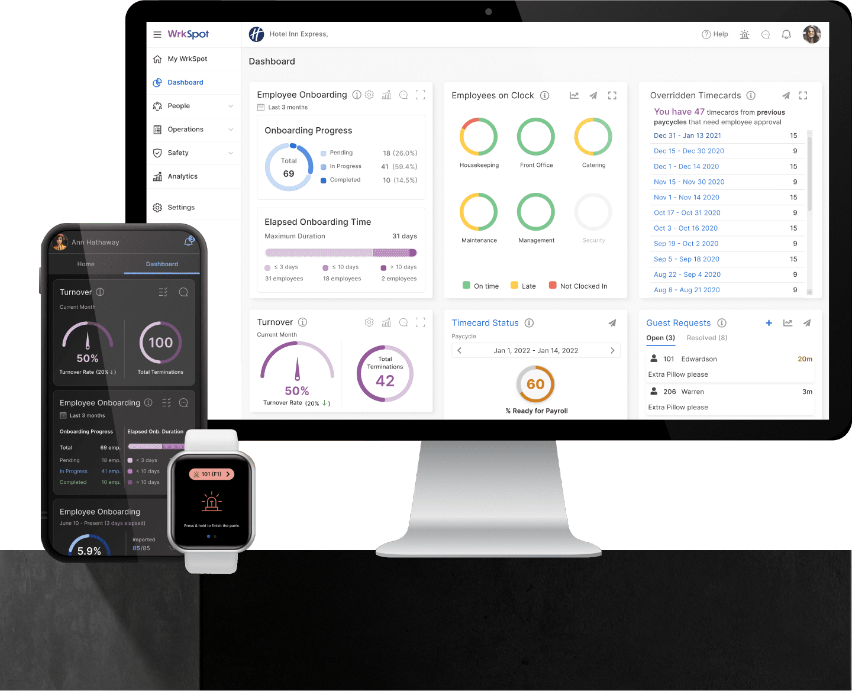
The WrkSpot platform will digitize daily workflows for operations and workforce management while protecting your guests and employees with our state-of-the-art panic solution.
The WrkSpot platform delivers a strong return on investment, paying for itself through operational savings, labor efficiency, and reduced insurance costs.
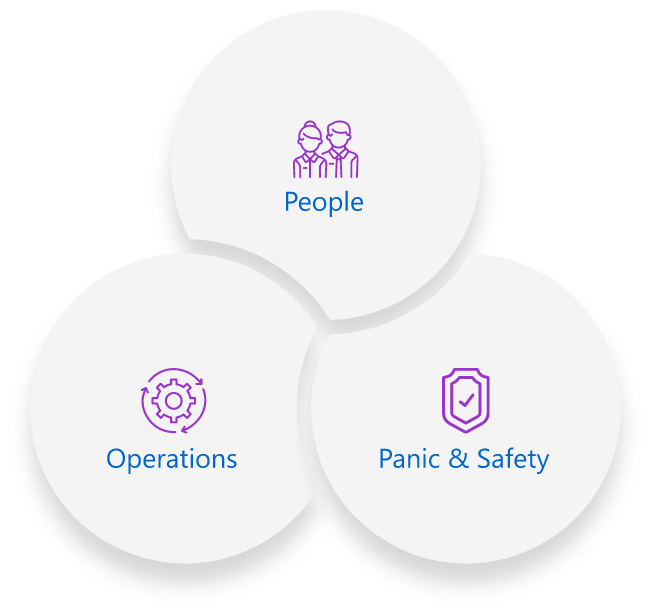
|
Performance review |
Scheduling |
|
workflows |
Onboarding |
|
Integrated payroll |
Benefits |
|
Timecard |
Rewards |
|
offboarding |
Career management |
|
Housekeeping with Ai |
Guest Services |
|
Budgeting |
Front Desk |
|
Maintenance |
Preventative Maintenance |
|
Panic Compliance |
ADA Compliance |
|
OSHA Compliance |
Safety Drills |
|
Custom 3D Building |
Video Playback |
Performance review
Scheduling
Overtime Workflows
Onboarding
Integrated Payroll
Benefits
Timecard
Rewards
Career management
Offboarding
An end-to-end HR solution for employee clock-in/out, scheduling, training, full document management, employee onboarding, and more.
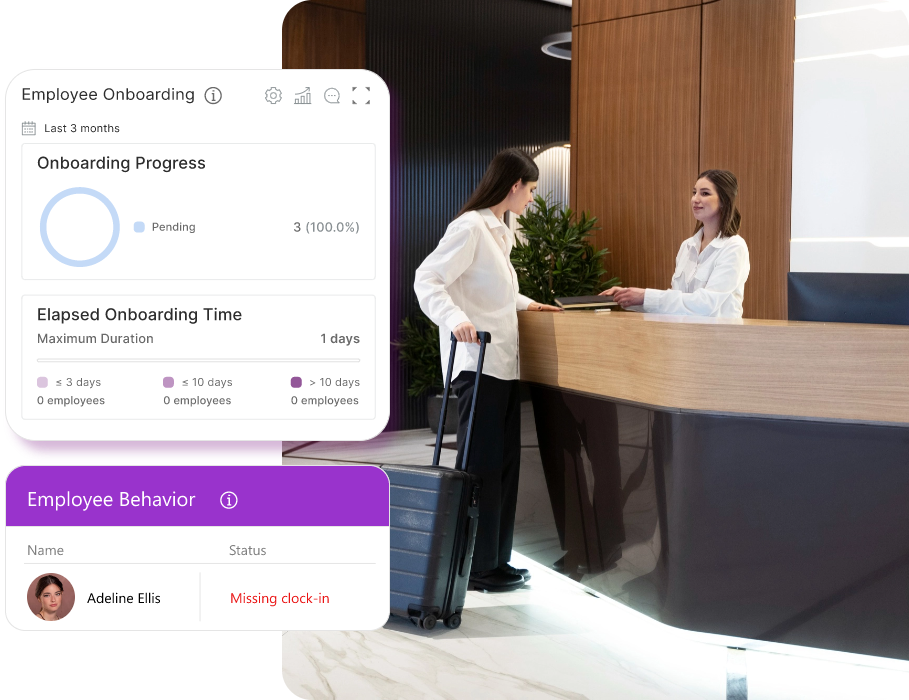

Hyperconnected operations ensure your staff responds quickly to guest requests. Digitized workflows and easy-to-follow task lists empower maintenance teams and housekeepers to drive greater efficiency and cost-savings.
Using Real-Time Location (RTL), the WrkSpot platform tracks the movement of employees throughout the hotel via 2D & 3D maps providing enhanced protection should a panic situation arise. Instant multi-language communication allows for quick response and resolution.
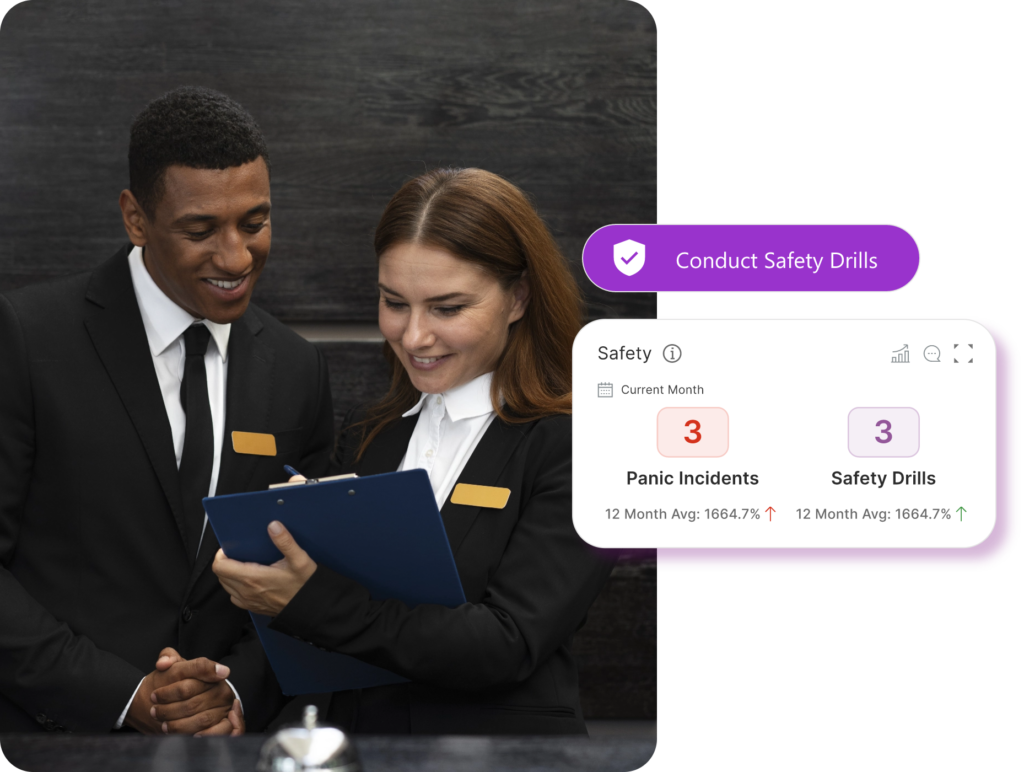
to enhance employee experience
and retention
to safeguard people and properties
with language translation capabilities
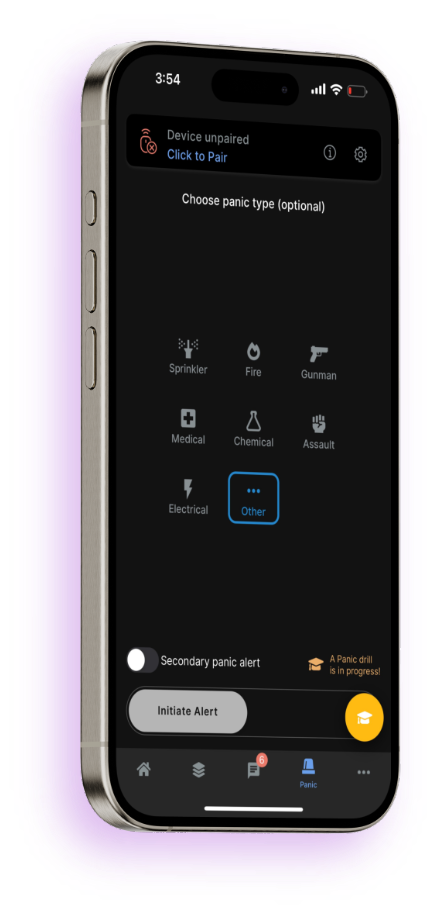
for real-time room-level activity and location tracking
to detect and address issues
to save on insurance, labor, operations, and maintenance
4 Min Read | Jun, 01, 2023 5 CRUCIAL CONSIDERATIONS FOR YOUR HOTEL PROPERTY’S ASSEMBLY POINT PLAN Is your hotel prepared to …
We would love to show you the product in action or answer any questions you may have.